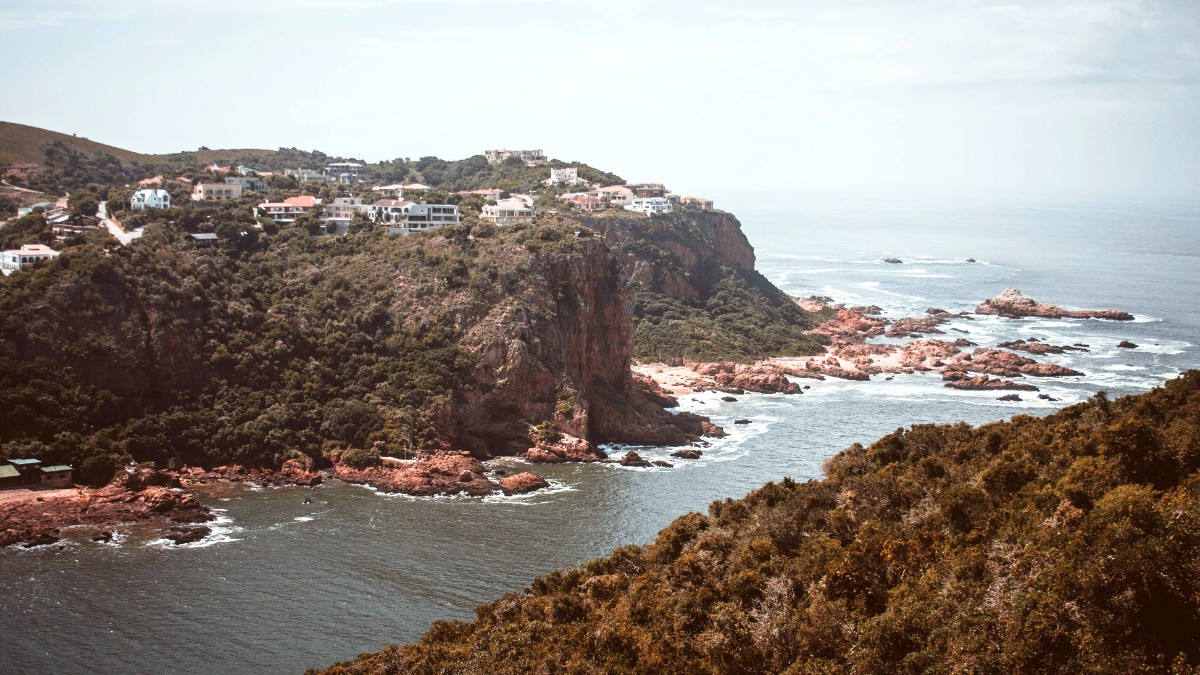
South Africa
Robberg Nature Reserve & Keurbooms River Nature Reserve are provincial nature reserves managed by CapeNature, an organization actively involved in conservation efforts.
Plettenberg Bay's coastline includes designated marine protected areas (MPAs), for conserving marine biodiversity, fish stocks, and delicate ecosystems.
Plettenberg Bay is a premier whale and dolphin watching destination. Several local operators adhere to strict responsible guidelines. Choose ethical operators who prioritize animal welfare and conservation.
Help preserve Plett's natural beauty by adopting environmentally conscious habits.
Recycling infrastructure is present, though perhaps less extensive than in some developed countries.
The Western Cape region, including the Garden Route, has experienced water scarcity. Water conservation remains important.
Offset your travel footprint.
Choose businesses committed to sustainability.
Consider sustainable outdoor gear for your adventures, supporting companies with environmental commitments.
PatagoniaSupport conservation efforts that protect natural habitats and wildlife.
The Rainforest SiteOpt for sustainable products, services, and ethical interactions to lessen your footprint.
Your visit makes a difference in Plettenberg Bay.
Be mindful of local traditions and customs.
Support the local economy directly.
Make choices that do not support exploitation.
Choose ethical wildlife sanctuaries that prioritize animal welfare, rehabilitation, and conservation (e.g., Monkeyland, Birds of Eden, Jukani, Elephant Sanctuary). Avoid establishments offering direct interaction with wild animals in unnatural settings.
Generally, giving money directly to beggars is not advised, as it can inadvertently perpetuate cycles of dependency or support organized rings. Instead, donate to reputable local charities or community projects.
Be aware of and report any instances of child exploitation. Do not engage with or support activities that exploit children in any way.